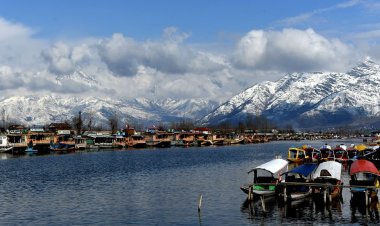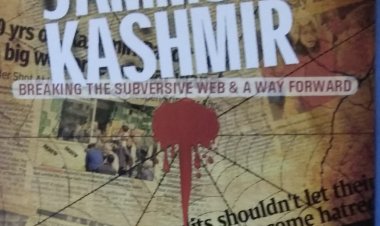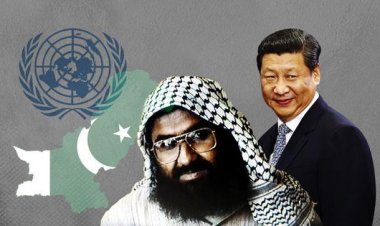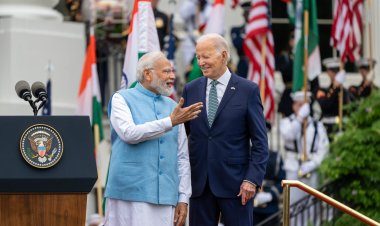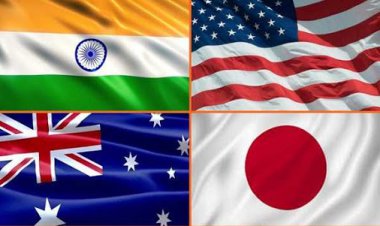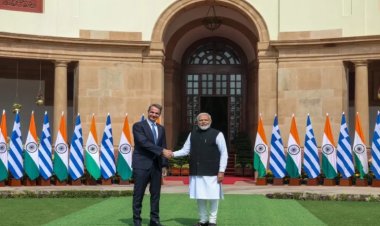Is Xi Jinping's covert Myanmar-strategy the cause for China's involvement in the coup d'Etat?
The military coup in Myanmar that has obviously caught the Quad and other democratic nations by surprise, is greatly benefitting China in multiple ways.
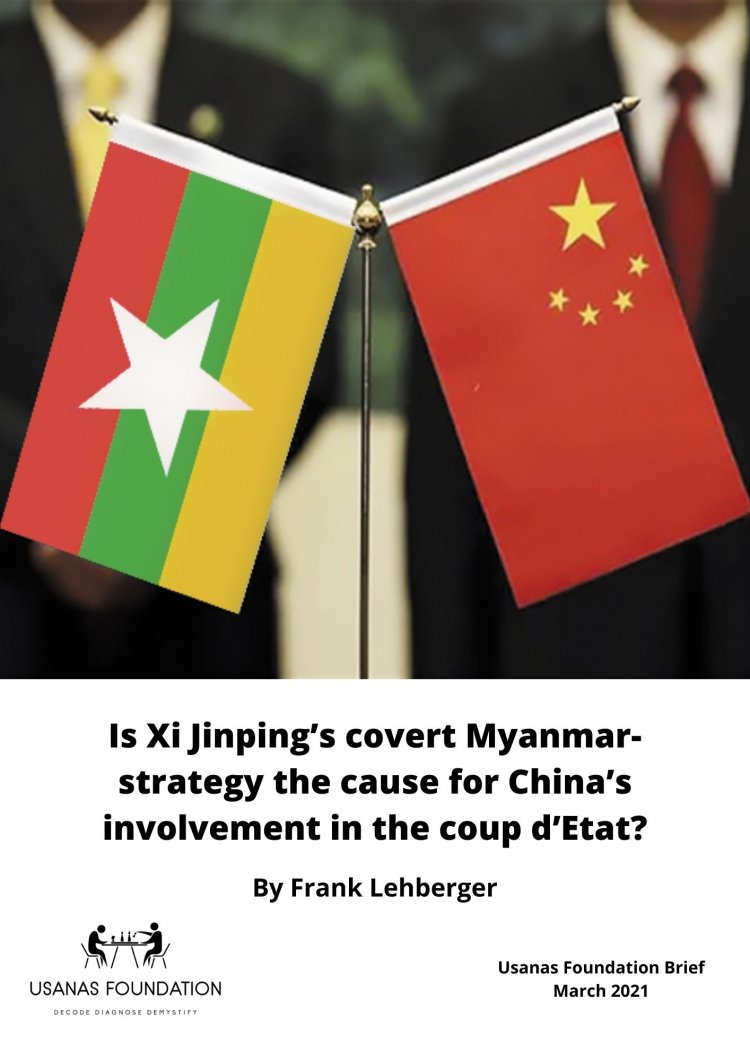
Issue Brief 01
By Frank Lehberger
Today, more than a month after the bloodless military coup d’état in Myanmar on February 1, 2021, which toppled the democratically elected government of Myanmar (the country formerly known as Burma), one urgent question still remains unanswered: to what extent, and, how, is the country’s giant neighbour China involved in the preparation and the execution of the coup? And what are the guiding principles behind this involvement?
In the following analysis, the author tries to find answers to these questions, despite the lack of clear cut evidence of Chinese involvement, relying mainly on the freely available open-source information material, coming from Chinese language sources, both from inside and outside of China.
Regarding China’s alleged involvement in the coup, the leadership in Beijing has vehemently denied any kind of involvement, citing the country’s traditional principle of non-interference into the affairs of other nations. However, in light of the traditional close and multifaceted ties between the military cartel (known as the Tatmadaw) that has ruled Myanmar for most of its modern history, and the People’s Republic of China (PRC) under the leadership of the Chinese Communist Party (CCP), it is improbable that China is not involved to some extend into this coup d’état. [1]
Forms of PRC involvement theoretically include covert logistic, military, the financial, economic and diplomatic support of their allies in the new governing junta of Myanmar, known as the State Administration Council (SAC).
One of the most obvious indications that the PRC government in Beijing has tacitly endorsed the coup all along, is its strange reluctance to condemn it, all the while the United Nations (UN) as well as other democracies have condemned it to various degrees. Neighbors of Myanmar, like Thailand and Sri Lanka, have opted to remain neutral, while the government of India voiced deep concern right away.
In the beginning, Beijing had also attempted to water down the serious nature of the coup, characterizing it instead as some sort of ordinary “cabinet reshuffle”, initiated by the legitimate government’s Vice-President, Senior-General Min Aung Hlaing. As the main reason for the coup, he cited alleged irregularities and legal disputes that had occurred during the general election of November 8, 2020.
Yet the collective indignation and near-unanimous rejection by the Myanmar people of everything the SAC-junta and Snr.-Gen. Hlaing stands for, makes it clear that the Chinese interpretation is a gross distortion of the truth. Proof that this is no mere cabinet reshuffle comes also from the brutal measures adopted by the SAC-junta: suspending civic rights, putting the entire country under curfew, imprisoning the elected president and the members of the legitimate government on trumped-up charges, beating, incarcerating and shooting unarmed civilians with the sole aim to terrorize people into submission.
Ironically, just one day after the coup, the junta declared that all these measures were perfectly legal, in accordance with article 417 of the Constitution, which explicitly allowed the elected president (but not a coup-leader) to declare a state of emergency for the period of one year, and only in case of a severe crisis that could lead to the disintegration of Myanmar or to the disintegration of “national solidarity”. In line with the Constitution, new elections for a new government should be organized by the junta after one year. In reality, these constitutional preconditions did not exist, and the state of emergency was not declared by the elected president of Myanmar. Furthermore, the junta announced in early March that the elections, promised for 2022, would have to be postponed to a later date, breaching the Constitution again.
Download the complete issue brief :
Frank Lehberger is a seasoned Sinologist, multilingual translator, political analyst and expert China watcher, focusing on ethnic minority policies and Chinese human rights violations committed in Xinjiang and Tibet.

